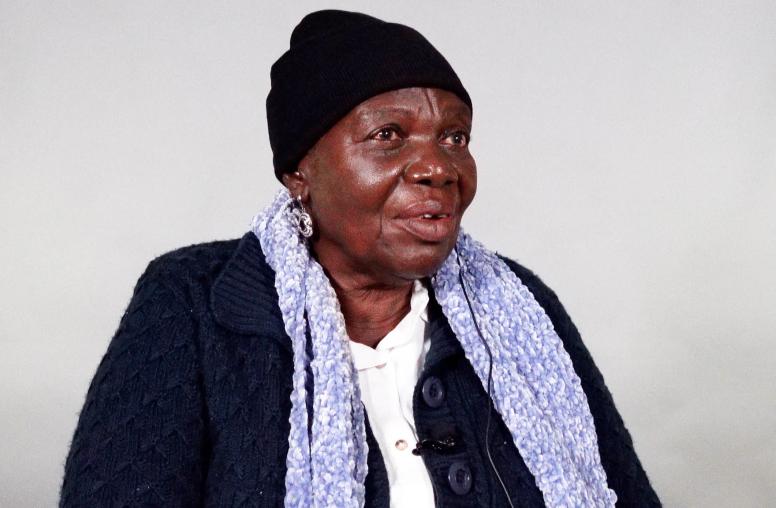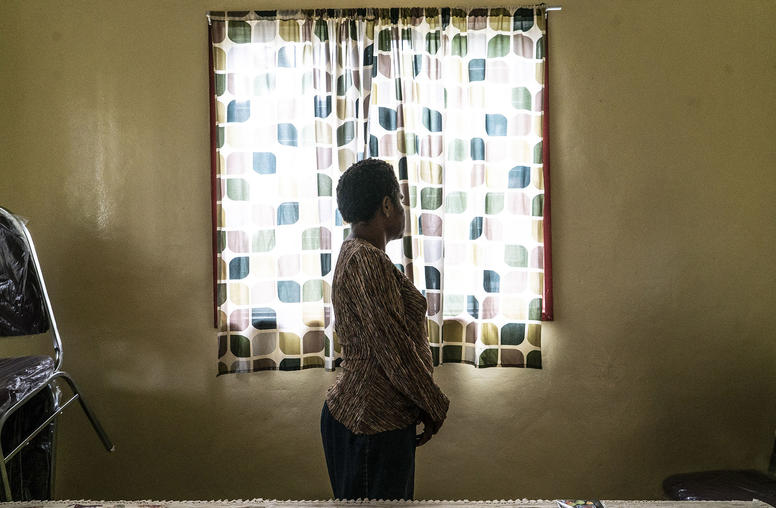Preventing Sexual Exploitation and Abuse by Male Peacekeepers
Sexual exploitation and abuse by United Nations peacekeeping forces first came to international attention more than a quarter century ago. Despite numerous U.N. policy responses, the problem persists, harming individuals, jeopardizing missions, and undermining the credibility and legitimacy of U.N. peacekeeping operations. This report addresses the question of why more progress has not been made in preventing these violations and draws attention to ways in which prevention efforts can be strengthened and made more effective.

Summary
- Sexual exploitation and abuse by peacekeepers remains an ongoing problem for U.N. missions, despite prevention policies implemented over the past two decades.
- Most U.N. policies are reactive and focus on accountability and criminalization of sexual misconduct, with responsibility for enforcement falling on troop-contributing countries, which are mostly in the Global South, while mission-funding countries are mostly in the Global North.
- This creates an insidious dynamic that lays bare structural deficiencies in the U.N. peacekeeping system that contribute to and exacerbate sexual exploitation and abuse.
- Though the U.N. has zero tolerance policies in place at the organizational level, implementation is hindered by lack of accurate reporting data and by enforcement responsibility falling to troop-contributing countries.
- Additionally, relevant training materials lack standardization and contextualization. Materials and programming should be tailored specifically to the troop-contributing and host countries and to various peacekeeper roles. Prevention efforts must also address the racism, sexism, and other underlying issues, and increase press freedom in troop-sending and host countries as it leads to transparency and accountability.
About the Report
This report examines the U.N.’s responses to sexual exploitation and abuse by peacekeepers, including its increasing emphasis on accountability and training. Prepared by members of the Missing Peace Scholars Network, a global community of scholars researching innovative ways to prevent sexual violence in conflict, the report was supported by the United States Institute of Peace, the Peace Research Institute Oslo, Women in International Security, and the Brown School at Washington University in St. Louis.
About the Authors
Jessica Anania is a doctoral candidate in sociology at the University of Oxford. Angelina Mendes is a doctoral candidate in conflict analysis and resolution at George Mason University. Robert U. Nagel is a postdoctoral fellow at the Georgetown Institute for Women, Peace and Security.



